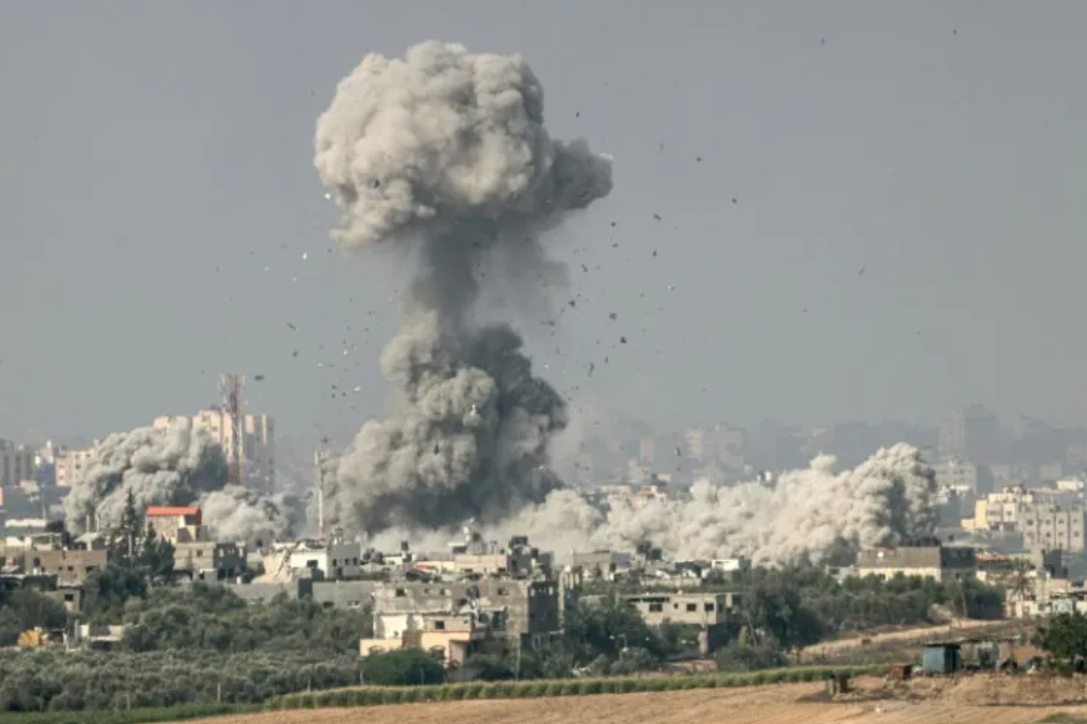Modi's Call With Jordan King India's Way Of 'Acknowledging Arab Opinion' On Israel-Hamas Conflict: Expert
INTERNATIONAL BUSINESS TIMES (INDIA EDITION)
Indian Prime Minister Narendra Modi had a conversation with Jordan's King Abdullah II, following Israel's relentless bombing campaign of Gaza in retaliation to the Hamas attack, and called for efforts to an "early resolution" of the crisis.
Modi wrote on Twitter about his talks with the Jordanian King -- the third West Asian leader the former has spoken to since Israel bombed Gaza -- on their concerns about terrorism, violence and loss of civilian lives.
…
"I think it's a way of keeping India relevant but also to show that India is acknowledging Arab opinion on the fighting," Guy Burton, a Visiting Fellow at the LSE Middle East Centre, told International Business Times about Modi's call with Jordan's king.
…
"India has historically been supportive of the Palestinian position and voted in line with it at the UN. But since the 1980s and 90s India has been developing closer diplomatic and economic relations with Israel, a process which didn't start under Modi but certainly accelerated with him," Burton said. "Indeed, you could arguably say that India and Israel have become closer than India is with the Palestinians these days. The two share similar sentiments when it comes to treating Muslims and political Islam with suspicion."
…
Hence, Modi highlighting his talks with Jordan's King could be a way of "countering the idea that India is too close to Israel, especially given widespread Arab anger at Israel's military actions in Gaza," Burton said.
"The audience may not necessarily be Jordan or the Palestinians though, but rather the Gulf states, where India's interests and diaspora are much larger," he added.
…
"India isn't really in a position to do anything directly. The peace talks are dominated by the U.S. as the principal third party mediator. While the Palestinians would welcome opening that role up to include more members of the international community, Israel sees no advantage in this and with its US partner, would veto that," Burton said. "As for indirect influence, India isn't really in a place to do that either. It's not currently a member of the UN Security Council, where the deliberations about the fighting end up. And India isn't a member of the Quartet, which has provided slightly expanded international support for the peace process."
Even though India has the "political capital" to talk to Israeli leadership owing to the closeness between the two countries in recent years, "it's hard to see them listening if a closer ally, the US, is unable or unwilling to provide that counsel," Burton added.
TO READ THE WHOLE ARTICLE, CLICK HERE.
